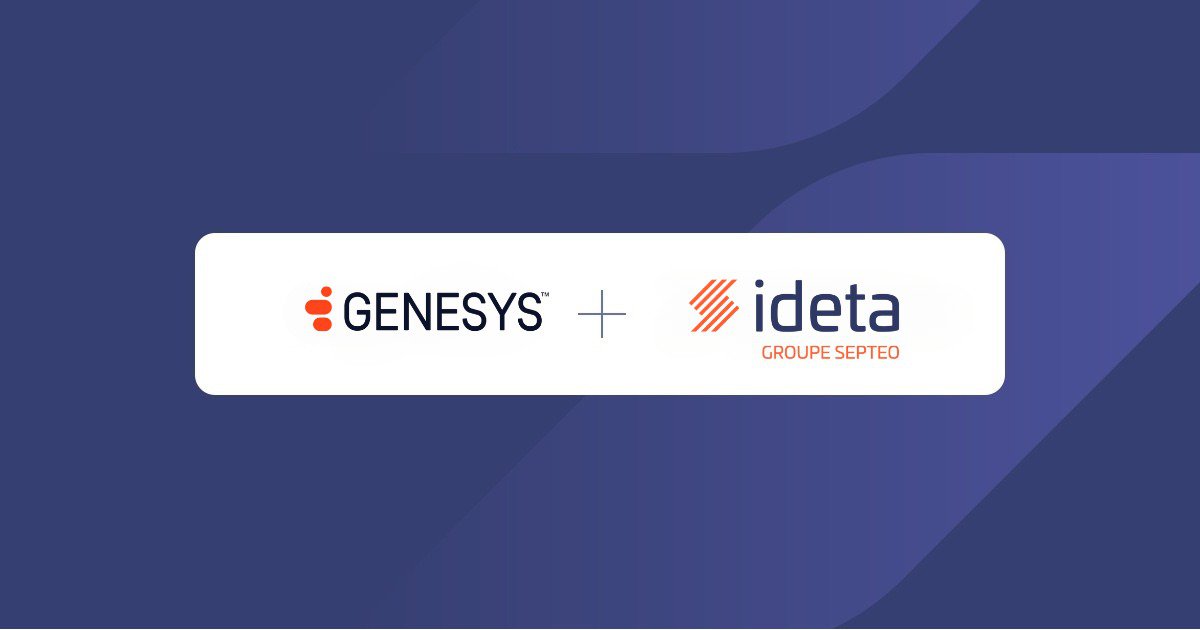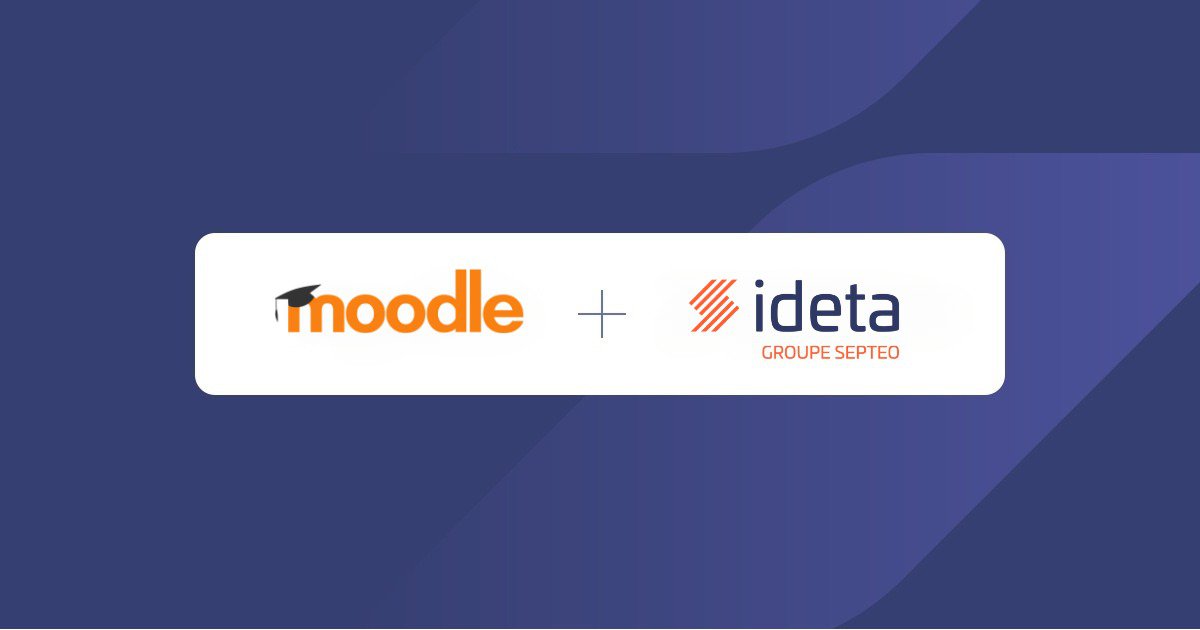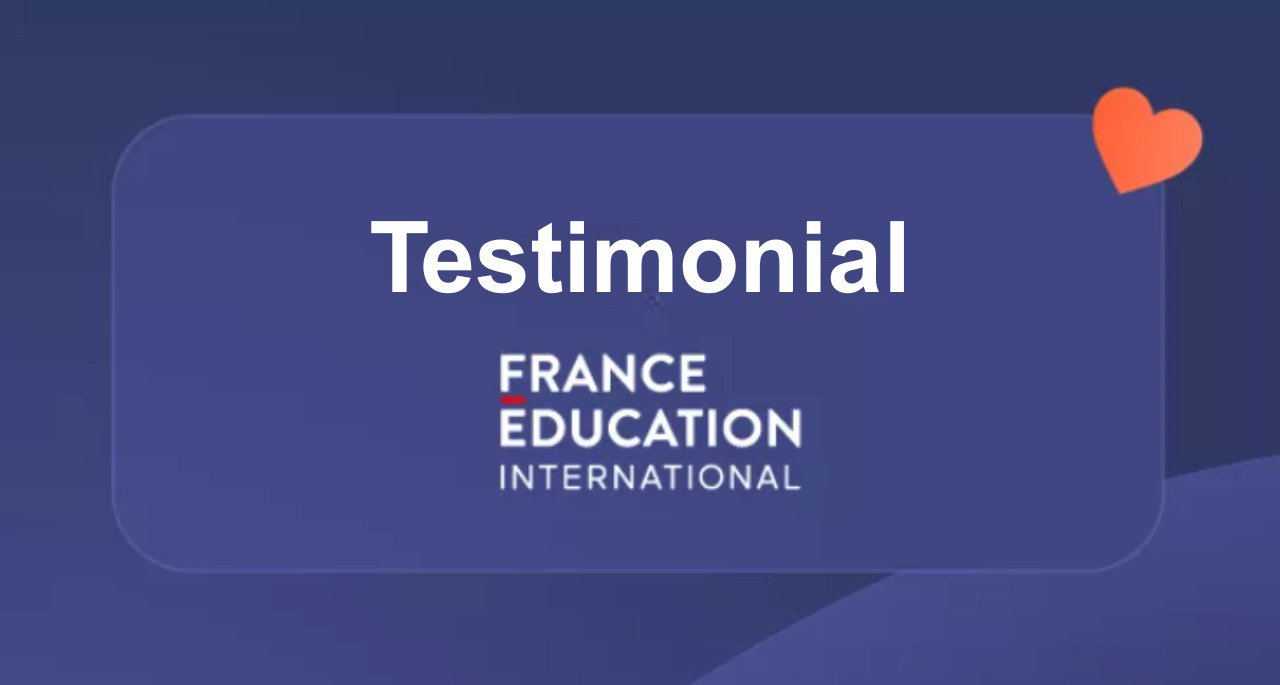Smart Campus Solutions: Enhancing College Life with AI Technology
What’s a Rich Text element?
The rich text element allows you to create and format headings, paragraphs, blockquotes, images, and video all in one place instead of having to add and format them individually. Just double-click and easily create content.
Static and dynamic content editing
A rich text element can be used with static or dynamic content. For static content, just drop it into any page and begin editing. For dynamic content, add a rich text field to any collection and then connect a rich text element to that field in the settings panel. Voila!
How to customize formatting for each rich text
Headings, paragraphs, blockquotes, figures, images, and figure captions can all be styled after a class is added to the rich text element using the "When inside of" nested selector system.

In today's fast-paced world, technology, especially Artificial Intelligence (AI), has become an integral part of our lives, and its influence on educational environments is profound. Colleges and universities are rapidly adopting AI to create 'Smart Campuses' – technologically enhanced spaces that significantly improve the student experience, operational efficiency, and educational outcomes. This article delves into the various ways AI is revolutionizing campus life, making it smarter, more efficient, and more attuned to the needs of modern students.
Personalized Learning Experiences
AI's most significant impact on college campuses is arguably the most evident in personalized education. Traditional one-size-fits-all teaching methods are being replaced with AI-driven customized learning pathways. AI algorithms can analyze students' performance, learning habits, and preferences to offer tailored course recommendations, study resources, and learning schedules. Modern students can access custom educational resources and writing services that offer personalised academic assistance. They can just Google “Who can write research paper for me?” and get immediate help based on their specific request. This personalization extends to adaptive learning platforms that adjust their content and teaching style based on student responses, ensuring that each student is challenged appropriately and can learn at their own pace. The result is a more engaging, effective, and student-centered education system that caters to the diverse learning needs of the student body.
Enhanced Campus Safety
Safety is a paramount concern on any college campus. AI technology is pivotal in ensuring a secure environment for students and staff. By integrating AI with surveillance systems, campuses can monitor for unusual activities or safety hazards in real time. Advanced algorithms can quickly analyze video feeds to detect and alert security personnel about potential threats, such as unauthorized individuals on campus or unusual crowd behaviors. Furthermore, AI-powered emergency response systems can provide quicker and more effective coordination during critical situations, ensuring prompt action and communication.
Streamlined Administrative Processes
The administrative machinery of colleges is often laden with repetitive and time-consuming tasks. AI is streamlining these processes, enhancing efficiency and accuracy. Chatbots and AI-powered virtual assistants are now common on campuses, assisting students with queries ranging from enrollment and financial aid to course schedules and campus events. These AI solutions provide instant, round-the-clock support, reducing the workload on human staff and improving student satisfaction. Behind the scenes, AI algorithms are used for schedule optimization, resource allocation, and data analysis, leading to better decision-making and operational efficiencies. You can see this if you want to learn about even more ways AI solutions are transforming higher education.
Sustainable and Efficient Campus Management
Sustainability is a critical focus for educational institutions, and AI is a powerful tool. AI-driven systems are being used to optimize energy consumption across campuses, from intelligent lighting and heating systems to smart water management. These systems monitor usage patterns and environmental conditions to adjust resources dynamically, reducing waste and conserving energy. Additionally, AI can assist in predictive maintenance of campus facilities, identifying potential issues before they become problematic, thereby reducing downtime and repair costs.
Enhanced Campus Engagement and Community Building
The college experience is not just about academics; it's also about community and engagement. AI is enriching this aspect by creating more interactive and connected campus environments. For example, AI-powered apps can recommend clubs, events, and activities to students based on their interests and previous engagement. Social platforms using AI can help students connect with peers who have similar interests or academic goals, fostering a sense of community. Moreover, AI can analyze engagement patterns to help university administrators understand and enhance student involvement in campus life.
Conclusion
The integration of AI technology into college campuses is not just a futuristic concept but a present reality that is continually evolving. It's transforming the educational landscape by providing personalized learning experiences, enhancing campus safety, streamlining administrative processes, promoting sustainability, and fostering community engagement. As we move forward, it's clear that AI will continue to play a critical role in shaping the future of higher education, making campuses smarter and more attuned to the needs of their students. The Smart Campus is no longer a dream of the future; it's today's reality, enhancing college life in myriad ways.









